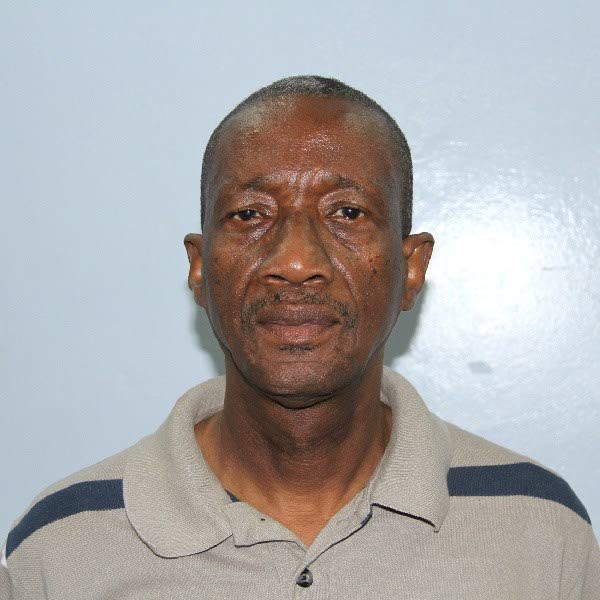Media veteran dies

EVEN as a young boy, Andre Alexander showed an amazing knack for journalism, first with the lens and later through writing.
His younger sister, Avril Andrews, recalled, “As a 12-year-old boy, he could tell you what was happening in town when Mummy sent him for newspapers or to buy bread.
“When he came back home, if he heard a conversation or he saw something happening, he would report everything that happened.”
His love for storytelling would morph into his life’s work — one he pursued with passion, professionalism and commitment, Andrews said. “To me, he was always a journalist.” Alexander, who died of cancer on Wednesday at the Eric Williams Medical Sciences Complex, Mt Hope, would have turned 64 next month.
He will be remembered fondly for his work in the media, particularly the social and diplomatic circuits in which he became well-known and respected. At the Newsday, which celebrates its 25th anniversary later this month, Alexander created history for having shot the paper’s first front-page photograph on September 20, 1993.
The photo, which represented hope, captured the image of two young girls who had become friends.
Alexander also worked at the Mirror, Express and Trinidad Guardian. He grew up on Hamilton Street, in the heart of uptown Scarborough, Tobago, and attended Scarborough Boys’ Anglican School and later, Scarborough Secondary and Harmon Seventh-Day Adventist School in Rockley Vale.
It was during his early years at Scarborough Secondary that Alexander got his first camera as a birthday present, Andrews recalled.
“He never looked back,” she said, adding he first started taking pictures of family members during get-togethers. Andrews said her brother later began printing his own pictures in a darkroom under the old Scarborough Library. “He used to be there sometimes all night.”
Alexander’s photos caught the attention of attorney and politician Deborah Moore-Miggins and together, they formed what was then known as the Tobago News.
“I consider it a leaflet,” she joked, adding he also worked at the Licensing Division in Tobago.
Andrews said in school, Alexander gravitated to the arts, taking leading roles in drama clubs and organising events.
“Wherever he went, he left his mark. He was a natural leader. He was not afraid to take the initiative and start something. When everybody would talk about it, he would actually start it.”
Andrews described her brother as caring and protective.
“If Mummy went to the garden and it getting dark, you would see him take off in the direction of where you think she should be coming. And if it raining, you would see him pick up two umbrellas, one for him and the other for Mummy. He was just the big brother.” She recalled he also used to make breakfast for his younger siblings.
“When we would ask him what we eating bread with, he would say, ‘You eating it with your mouth,’” she joked. “He really took on a kind of fatherly role, even though he did not have his father present. He made sure things were available and ran well.
Newsday senior photographer Azlan Mohammed, who worked with Alexander in the early years of the newspaper and remained a longstanding colleague, said the late photojournalist had a jovial spirit that worked well for him in the industry.
“He was well known in diplomatic circles, having covered a lot of functions.” Mohammed said the media had lost a fun-loving and devoted practitioner.
Newsday editor in chief Judy Raymond had worked with Alexander at the Express and the Trinidad Guardian, beginning in the late 1980s. She described him as an outstanding news photographer, not so much for his technical ability as for his intelligence, which led him to keep up to date with the news and allowed him to plan and produce photos with unique news value.
Even the many diplomatic cocktail parties he covered were sources of news; Alexander would return from them with ideas for stories to be covered the following day. Another of his talents was for friendship: as well as his media colleagues, many of whom visited him in his final illness, he made friends with many of the dignitaries he photographed, and had a natural dignity and confidence that meant he was not intimidated by their rank.
He was also tremendously loyal and affectionate, she added. He had an exemplary professional work ethic and an ability to combine business with pleasure, and while he was naturally cheerful and upbeat, she recalled that nothing annoyed him more than colleagues with a lackadaisical or slapdash approach to their work. Funeral arrangements are still being finalised.

Comments
"Media veteran dies"